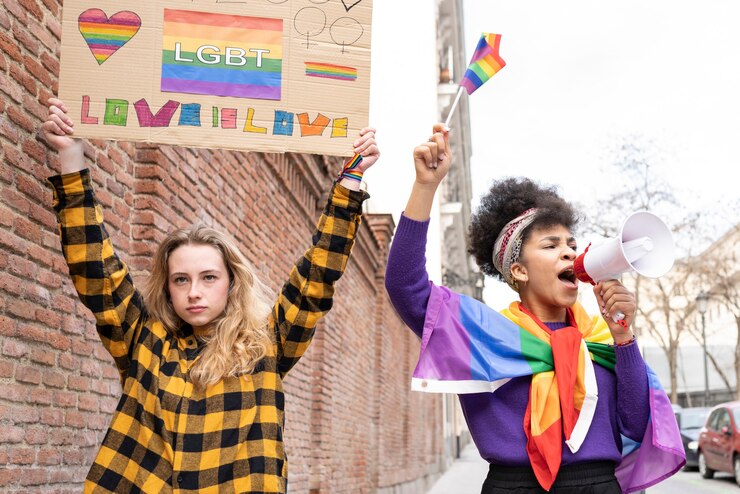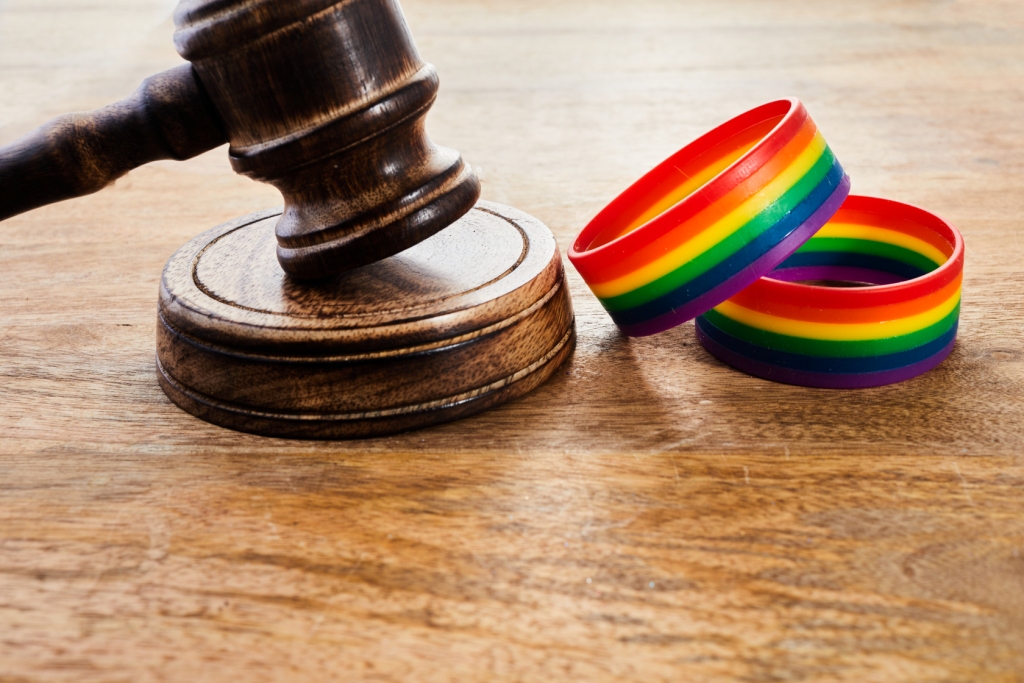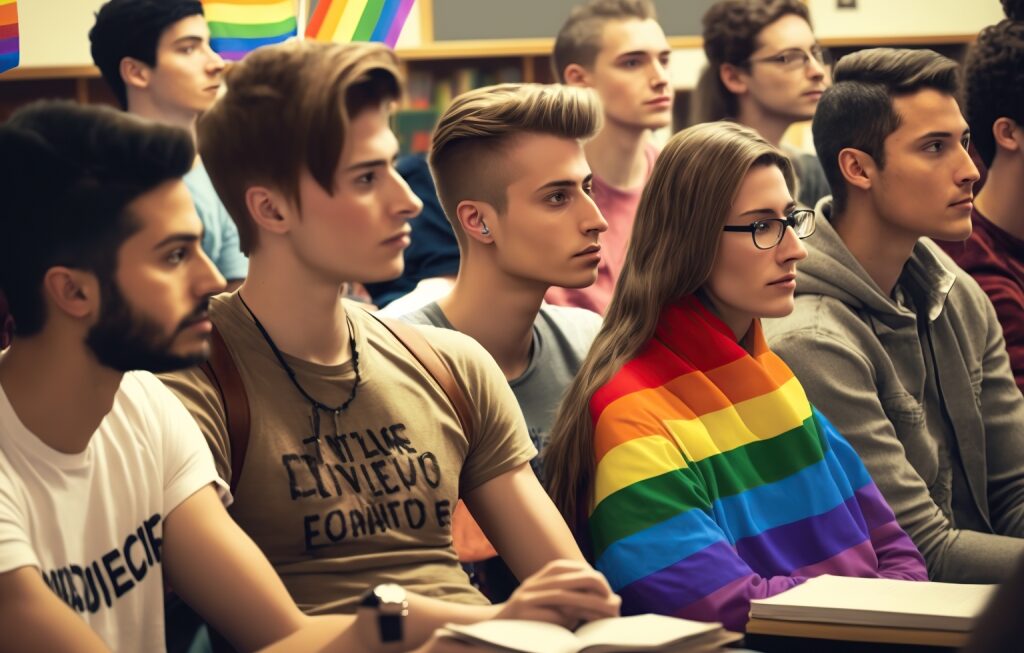Pride Month is a time for celebration, reflection, and advocacy for the LGBTQ+ community worldwide. In India, the journey toward equality has seen significant legal victories, yet numerous challenges persist. This article delves into the recent legal amendments, the strides made, and the battles still being fought by the community in India.
Legal Victories: Progress on the Frontline

One of the most monumental legal victories for the LGBTQ+ community in India was the decriminalization of Section 377 of the Indian Penal Code in September 2018. The Supreme Court’s verdict in Navtej Singh Johar v. Union of India decriminalized consensual same-sex relationships, marking a historic moment of recognition and dignity for the community. This ruling was a turning point, giving hope for further legal reforms.
In December 2019, the Indian government enacted the Transgender Persons (Protection of Rights) Act. This Act aims to protect transgender individuals from discrimination in employment, education, healthcare, and access to services. It also recognizes the right to self-perceived gender identity and mandates the establishment of a National Council for Transgender Persons to advise the government on policies affecting the transgender community.
Recent Amendments and Ongoing Challenges
Despite these significant victories, several areas require attention. The lack of legal recognition for same-sex marriages remains a significant hurdle. Same-sex couples do not enjoy the same rights and privileges as heterosexual couples, such as joint adoption, inheritance rights, and spousal benefits. Several petitions for the legalization of same-sex marriages are pending in various courts, reflecting the community’s ongoing struggle for equal treatment under the law.

The Transgender Persons (Protection of Rights) Act’s implementation is another topic of concern. Although the Act is a positive move, many have criticized its provisions for being insufficient and failing to address the needs of the community; there is a lot of discussion but little action. For example, it has been considered intrusive and bureaucratic for a transgender person to legally change their gender identity by undergoing the certification process with a district magistrate.
Access to healthcare for LGBTQ+ individuals is still difficult, particularly for transgenders. Inadequate care and discrimination against LGBTQ+ patients result from a lack of awareness and training among many healthcare professionals. These problems are made worse by the stigma associated with LGBTQ+ identities, which deters people from getting the care they need.
The Battle for Inclusive Policies

Advocacy for more inclusive policies remains an important element of the LGBTQ+ movement in India. Organizations and activists are advocating for comprehensive anti-discrimination legislation that explicitly safeguards LGBTQ+ people in all areas of life, including employment, education, housing, and healthcare. Such legislation would establish a more strong legal framework to combat prejudice and promote equality.
Educational reforms are also vital. Integrating LGBTQ+ issues into school curricula and sensitizing teachers and students can help foster a more inclusive and accepting society. This cultural shift is essential for reducing the stigma and prejudices that the LGBTQ+ community faces daily.
Looking Ahead: The Path to Equality
Pride Month serves as a reminder of past accomplishments as well as future challenges. While legal accomplishments like the decriminalization of Section 377 and the Transgender Persons (Protection of Rights) Act have paved the road for greater acceptance, India’s LGBTQ+ population still faces enormous obstacles. The campaign for same-sex marriage recognition, strong anti-discrimination laws, and improved healthcare access is still ongoing.
As the LGBTQ+ community and allies continue their advocacy, it is essential for the Indian government to listen, adapt, and implement policies that promote equality and protect the rights of all individuals, regardless of their sexual orientation or gender identity.

Shared by : Shreya Sharma,
Founder and CEO, Rest The Case




